17 Things You Should Never Leave in Your Car When It’s Snowing
Snow-covered mornings and icy windshields bring their own set of challenges, but your car can handle it—as long as you don’t ask it to babysit certain items. Freezing temperatures can wreak havoc on everyday essentials and leave you with damaged goods, wasted money, and unnecessary headaches. Here’s a breakdown of what should never be left behind in your car when the snow starts piling up.
Medication
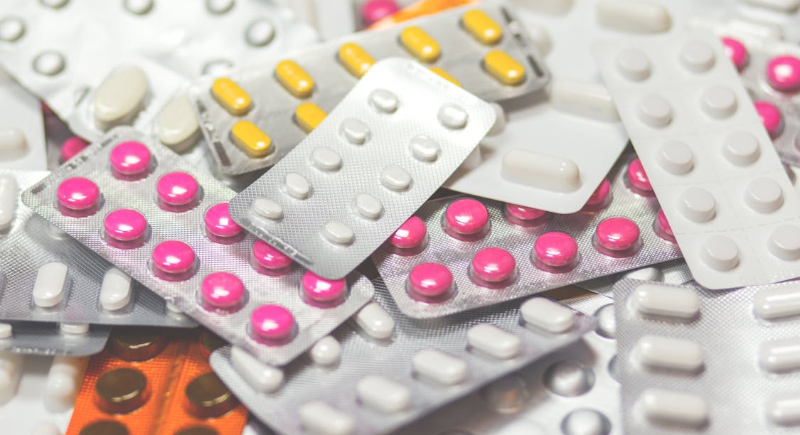
Credit: pexels
Medications are more delicate than most people realize. Many rely on specific temperature ranges to stay effective, and freezing can disrupt that balance. Liquid medications, like insulin or children’s antibiotics, can crystallize or separate, which renders them useless or even dangerous. Pills, though seemingly stable, aren’t immune to cold damage either.
Glasses
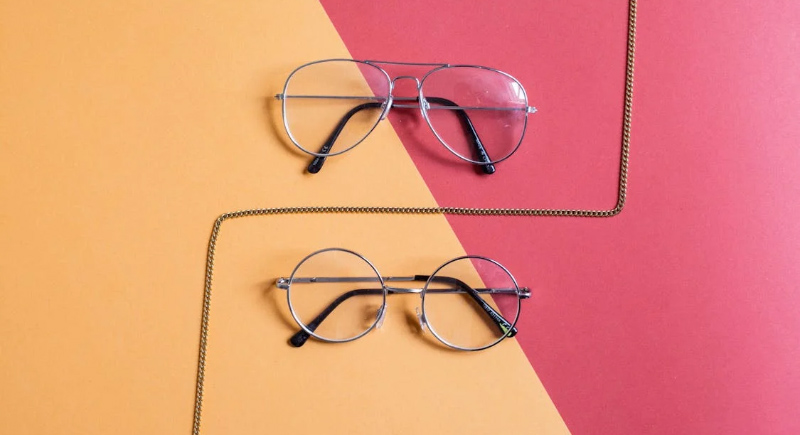
Credit: pexels
Glasses may look sturdy, but they’re surprisingly sensitive to extreme weather. Metal frames can contract, which causes misalignment, while plastic ones may become brittle and prone to cracking. Lens coatings like anti-glare or UV protection can also degrade in freezing conditions and leave you squinting or, worse, scratching your lenses the next time you clean them.
Musical Instruments

Credit: pixabay
Ever heard of a guitar cracking just from sitting in a cold car? It’s no urban legend. Wooden instruments like violins, guitars, and cellos are especially prone to damage when exposed to freezing temperatures. The wood expands and contracts as the temperature shifts, which results in cracks or warped necks. Even brass and wind instruments suffer from cold air condensing inside.
Batteries

Credit: pixabay
You might think of batteries as just tiny containers of power, but they’re more complicated than that. Freezing weather slows down the chemical reactions inside and reduces their ability to hold a charge. Rechargeable batteries are especially vulnerable, with some losing their capacity permanently if left in freezing temperatures for too long. And if you’ve ever dealt with a leaky alkaline battery, you’ll know why keeping them out of the cold is worth the effort.
Laptops and Phones
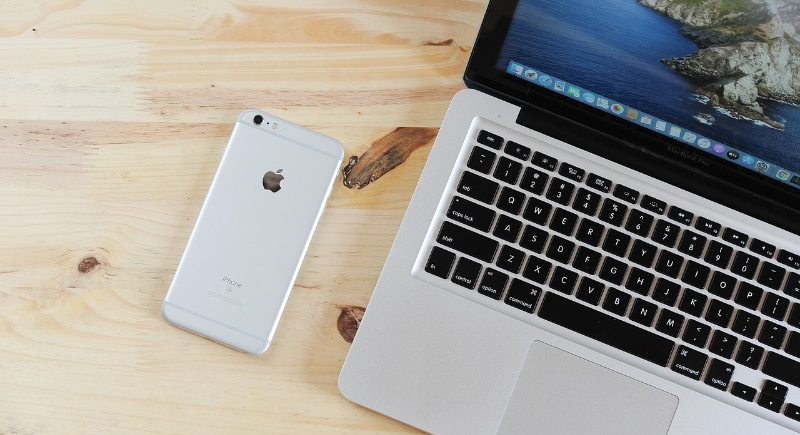
Credit: pixabay
Most electronics come with a warning about operating temperature ranges for a reason. Cold weather can sap the life out of your laptop or smartphone battery in record time. Even worse, bringing a frozen device into a warm space creates condensation inside, which can short out delicate circuits.
Bottled Water
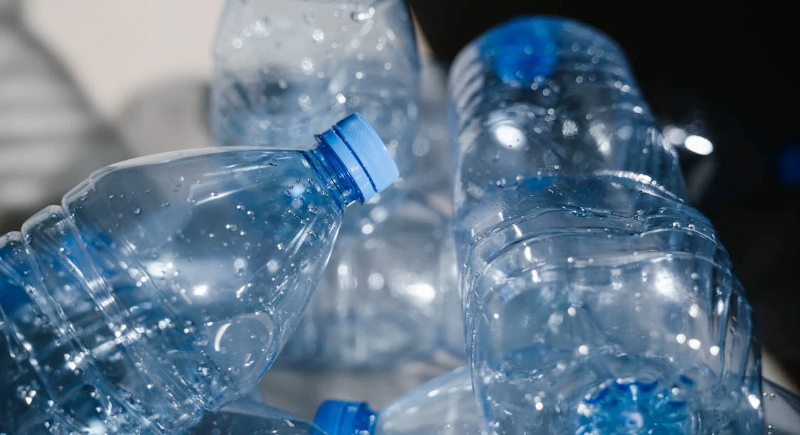
Credit: pexels
Frozen water bottles don’t just crack—they explode. Water expands as it freezes, and if there’s no room in the bottle, the plastic can crack or burst. Not only does this leave you with a puddle, but it also wastes a perfectly good bottle of water you might need later. Avoid the chaos by bringing water bottles inside, or at least finish them before they turn into car grenades.
Aerosols

Credit: pexels
Ever seen an aerosol can explode? It’s not pretty. Products like hairspray, air fresheners, or tire inflators are all pressurized, and freezing temperatures can destabilize them. The risk comes when they warm back up quickly—like when the car heater’s on—causing them to burst or leak. Trust me, you don’t want to deal with cleaning that up.
Canned Food
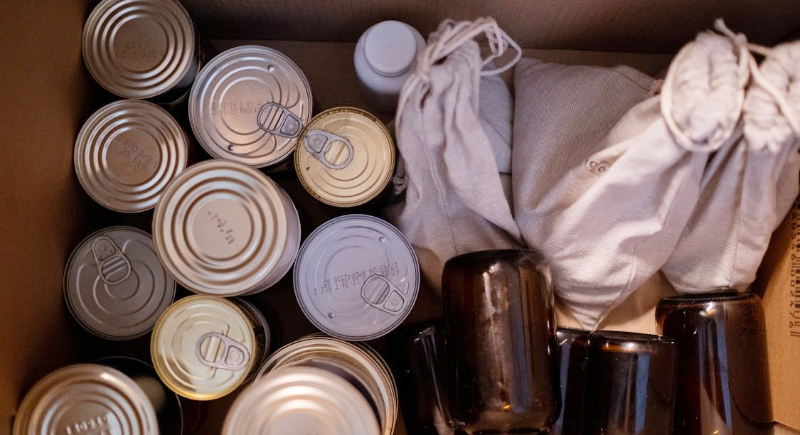
Credit: pexels
While canned goods seem tough, they’re not immune to the cold. When the liquid inside freezes, it expands, which can lead to the can cracking or breaking its seal. This opens the door to spoilage, even if it doesn’t look obvious. And let’s face it, no one wants to open a can of soup just to find an ice block inside.
Fizzy Drinks
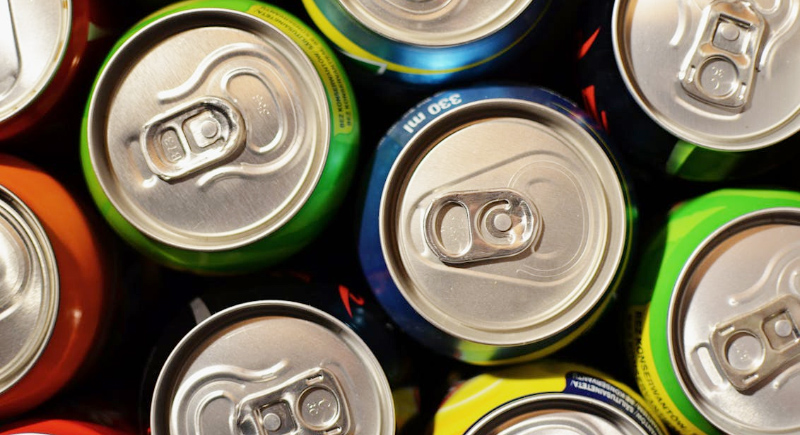
Credit: pexels
Carbonated drinks like soda are some of the worst culprits when it comes to winter car mishaps. The carbonation creates pressure inside the can, and when the liquid freezes and expands, that pressure skyrockets. The result is a sticky explosion that soaks your car’s upholstery and leaves a sugary residue no cleaner can fully erase.
Paint
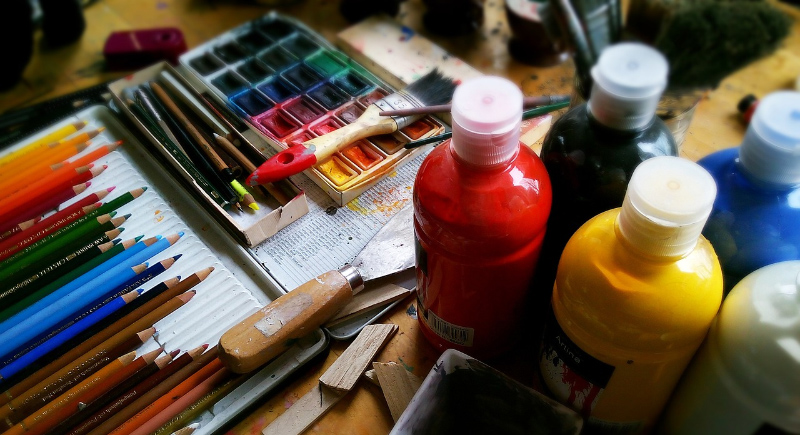
Credit: pexels
If you’ve ever left a can of paint in the garage during winter, you know the disaster it can become. Freezing temperatures can cause paint to thicken, separate, or clump. Even after thawing, it rarely returns to its original consistency. Considering the inflated price for these items, keeping paint warm is a non-negotiable.
Eggs
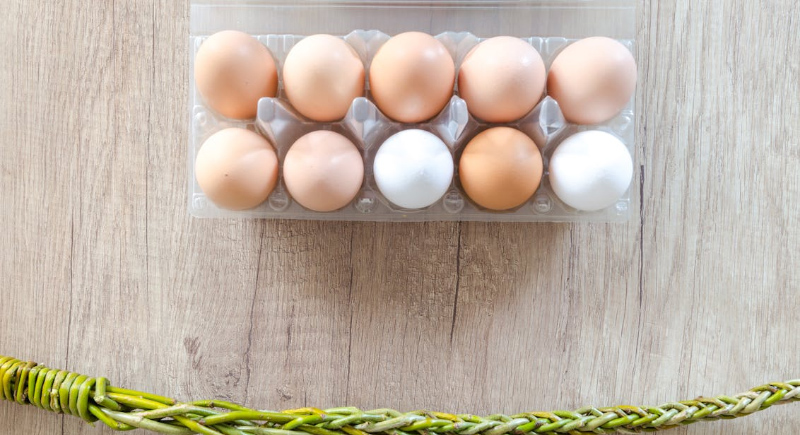
Credit: pexels
Eggs are fragile enough without the added drama of freezing temperatures. When left in the cold, the liquid inside eggs expands and often cracks the shell. Even if the cracks are tiny, they compromise the safety of the egg by letting bacteria in. And if they freeze solid, the texture changes so much that they’re practically useless for cooking.
Empty or Low Gas Tank
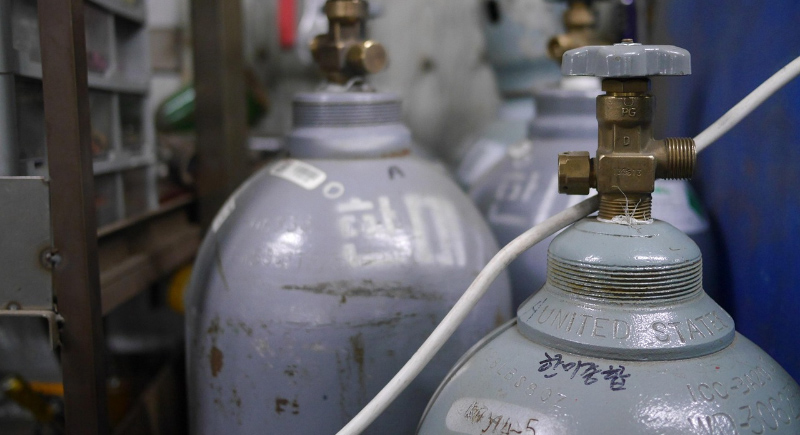
Credit: pixabay
It’s not just what’s in your car that’s at risk—your car itself can suffer, too. A nearly empty gas tank is an open invitation for condensation to form. When the temperatures dip, that moisture can freeze in your fuel lines, which will potentially leave you stranded. Keeping your tank at least half full in winter is one of the easiest ways to avoid an unnecessary mechanic visit.
Cosmetics
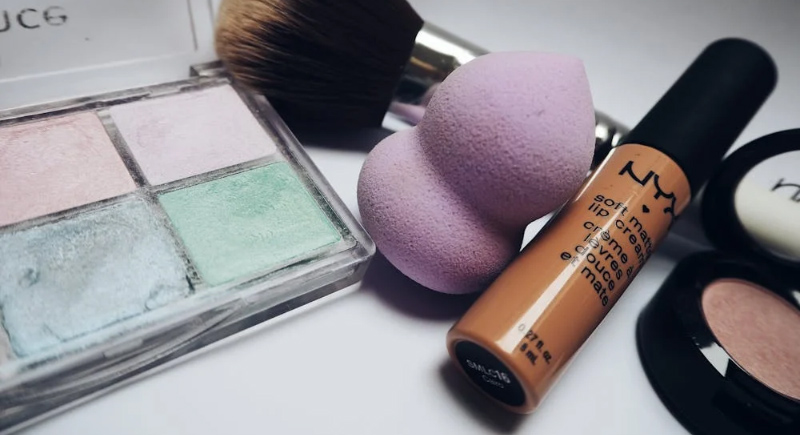
Credit: pexels
Makeup and skincare products also don’t fare well in the cold. Items with water or oil bases—like liquid foundations or moisturizers—can separate or freeze solid. Lipsticks and creams can crack or lose their texture entirely. Not only does this ruin the product, but it can also make a mess in your bag or car.
Art Supplies
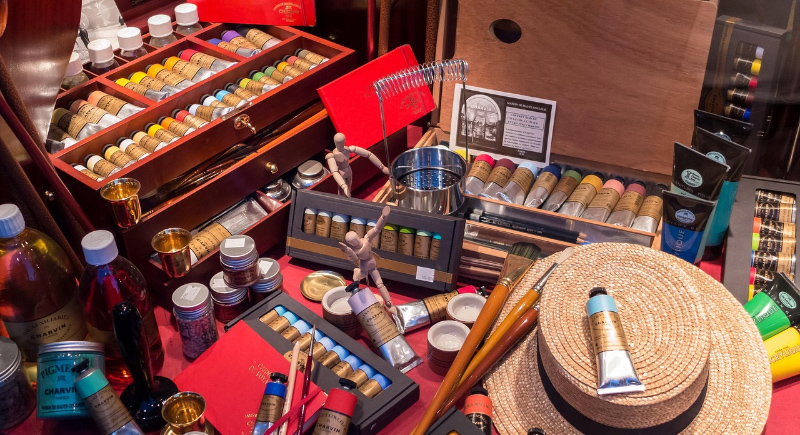
Credit: pixabay
Artists know the heartbreak of frozen paints and dried-out markers., which is all the more reason why art supplies deserve special care in winter. Paints, markers, and even certain types of paper can freeze, altering their quality and making them unusable. Freezing temperatures also cause glues and adhesives to thicken or dry out.
Loved Ones

Credit: pexels
This one might seem obvious, but it bears repeating. Never leave pets, kids, or anyone in a parked car during snowy weather. Temperatures inside can plummet in minutes, which can lead to hypothermia or worse. Even if you think you’ll just be a moment, it’s never worth the risk. Always prioritize the safety of your loved ones.
Electronics Chargers and Power Banks
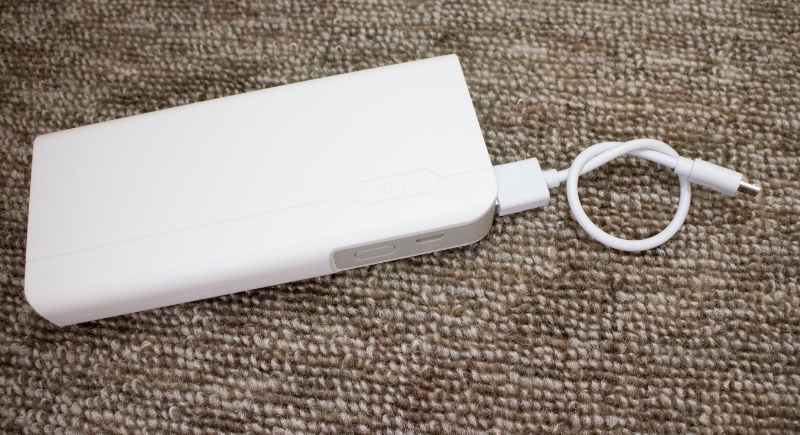
Credit: Getty Images
Cold weather can severely weaken lithium-ion batteries in chargers and power banks. Freezing slows chemical reactions, reduces capacity, and may cause condensation when devices are brought indoors. That moisture can corrode parts or trigger short circuits. To maintain performance, store and charge all electronic devices at room temperature.
Perfumes and Fragrances

Credit: pexels
Extreme temperature fluctuations can impact the quality of perfume. Freezing may cause slight separation of ingredients or an imbalance in scent, while repeated cold exposure can weaken the formula over time. Condensation can also damage bottles. To keep fragrances lasting longer, store them indoors at a stable, cool temperature away from sunlight.